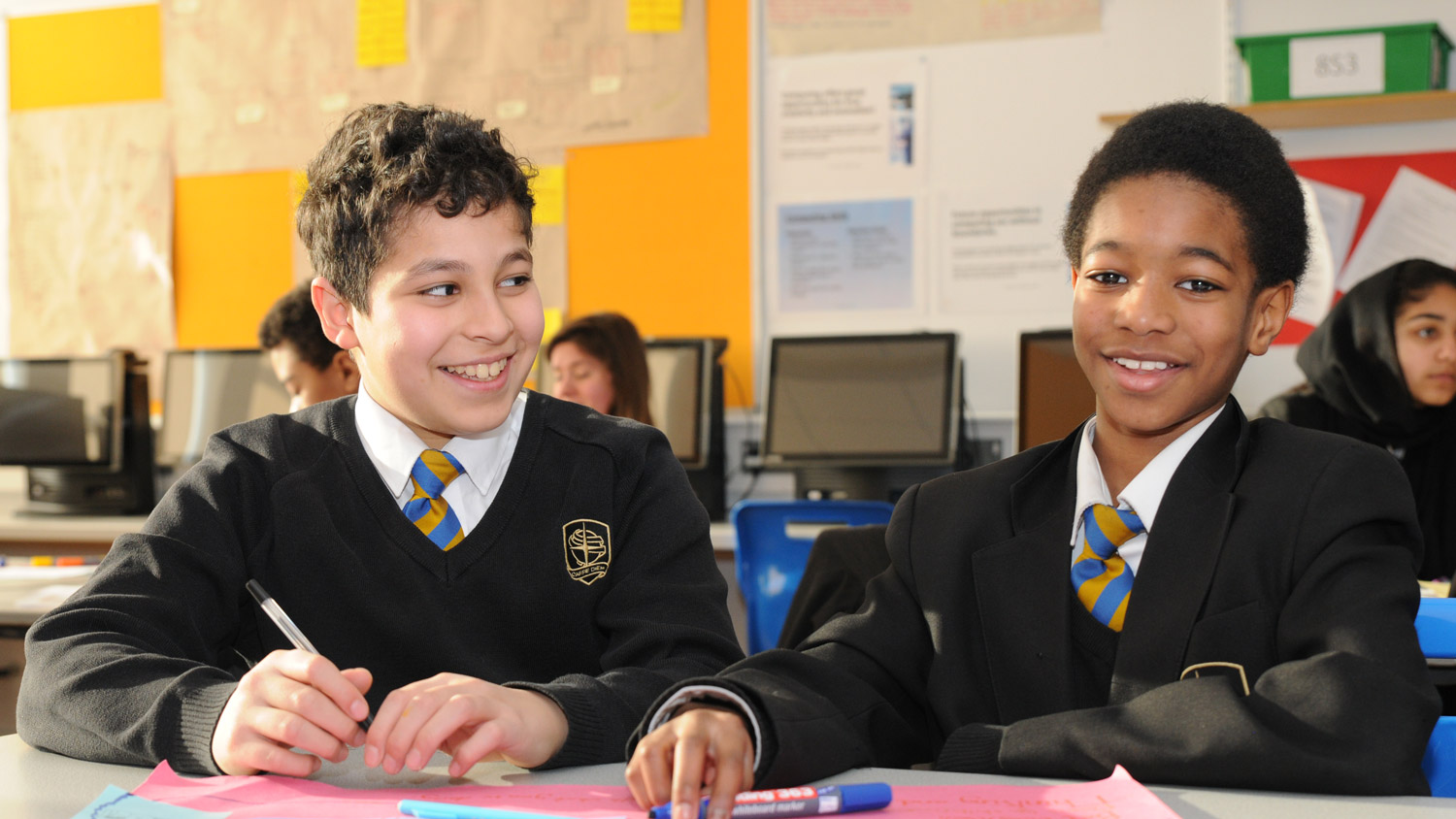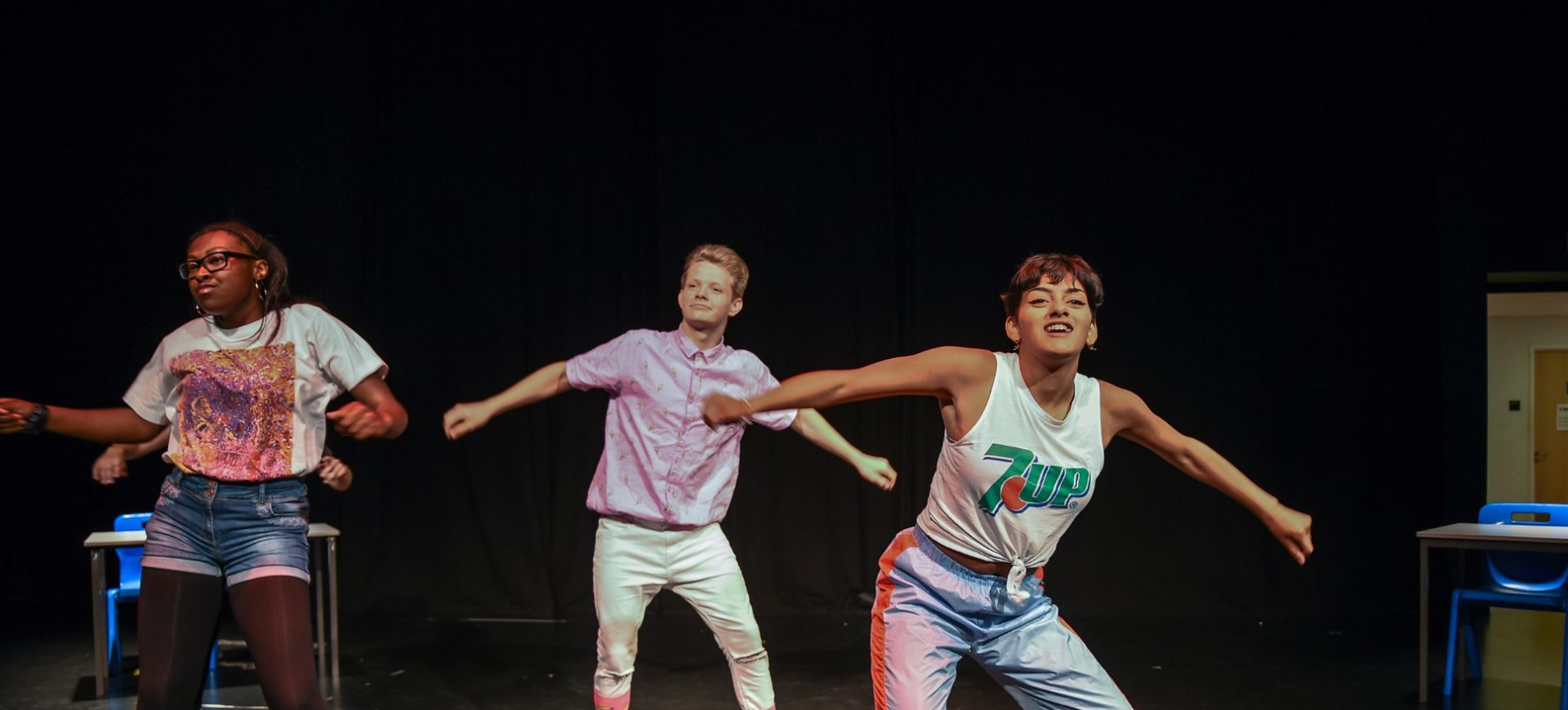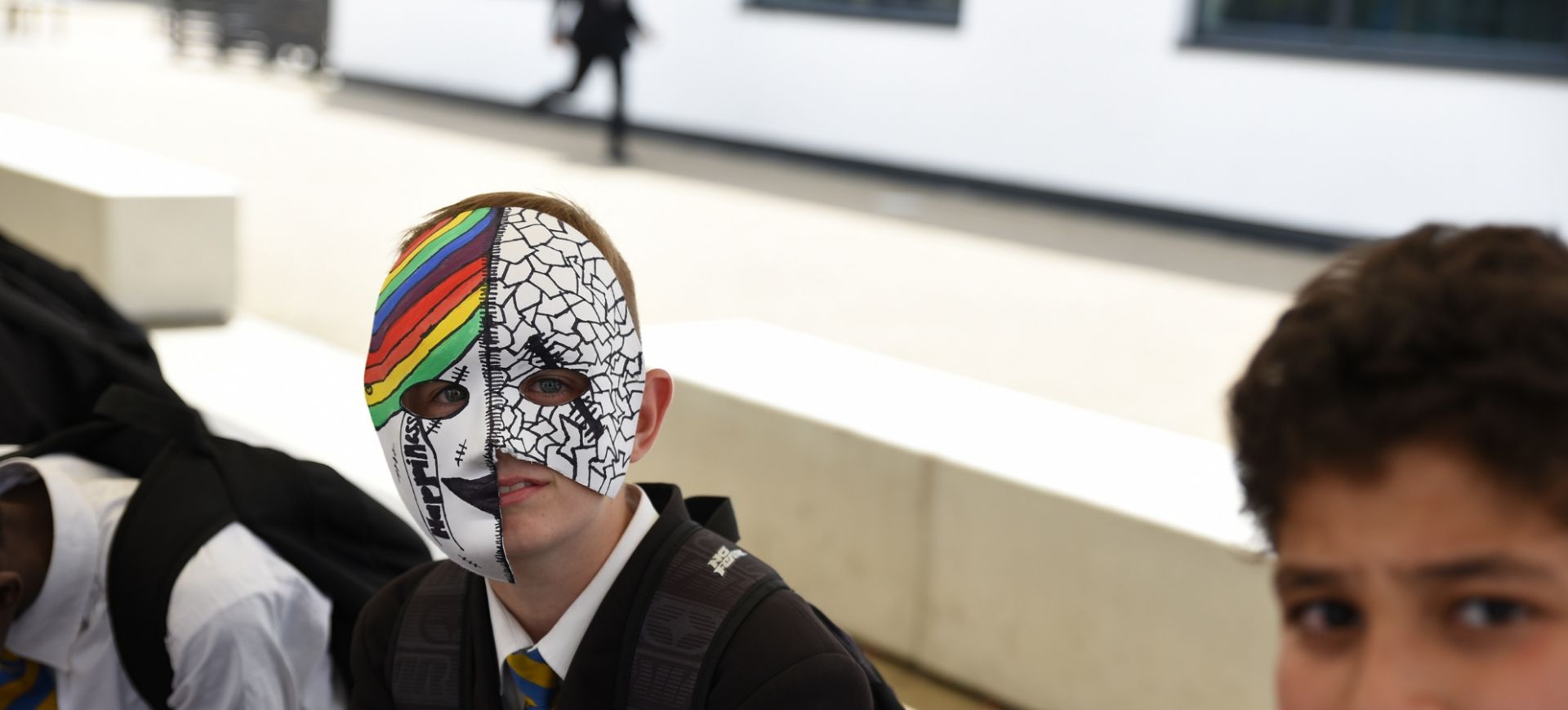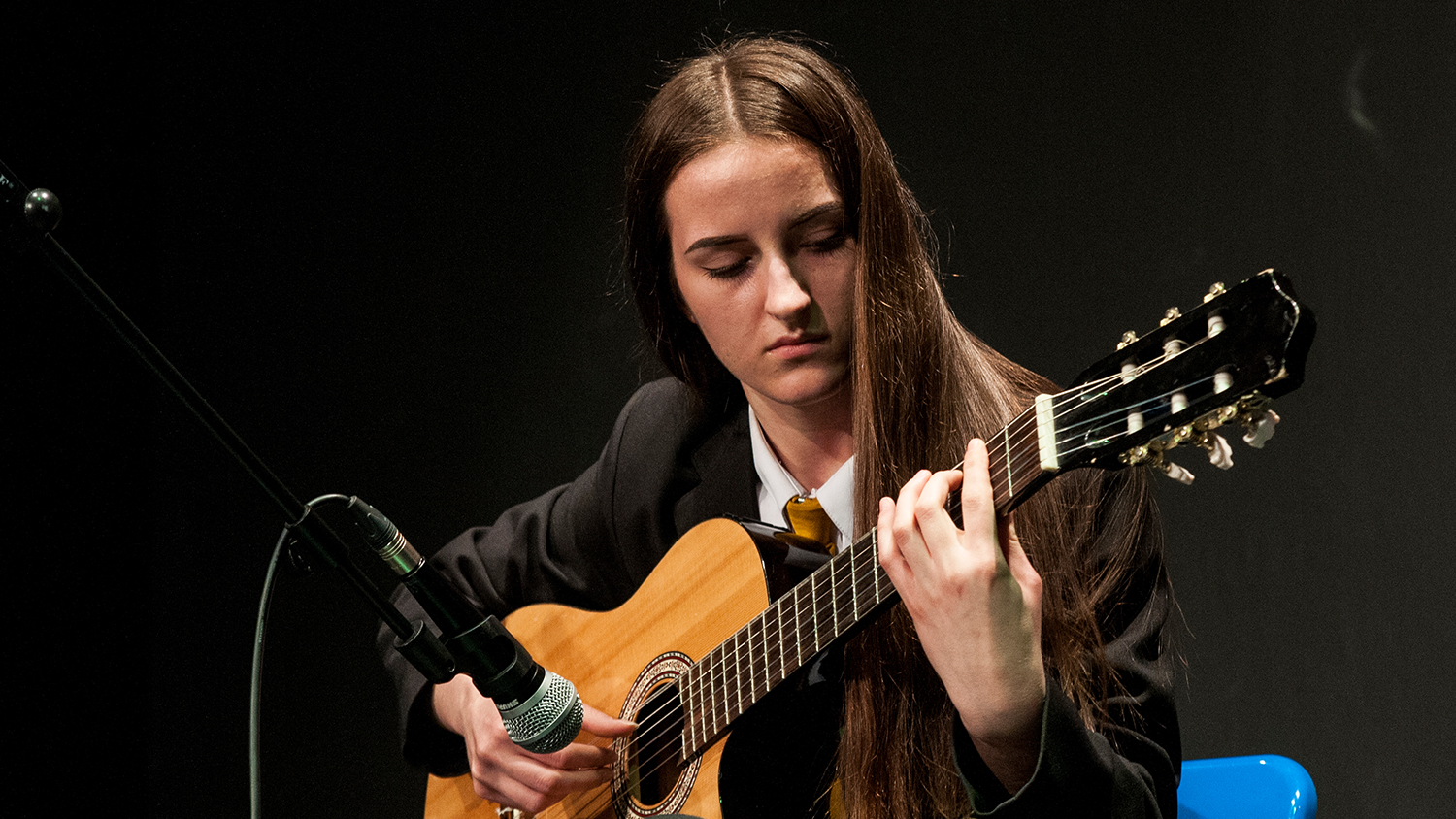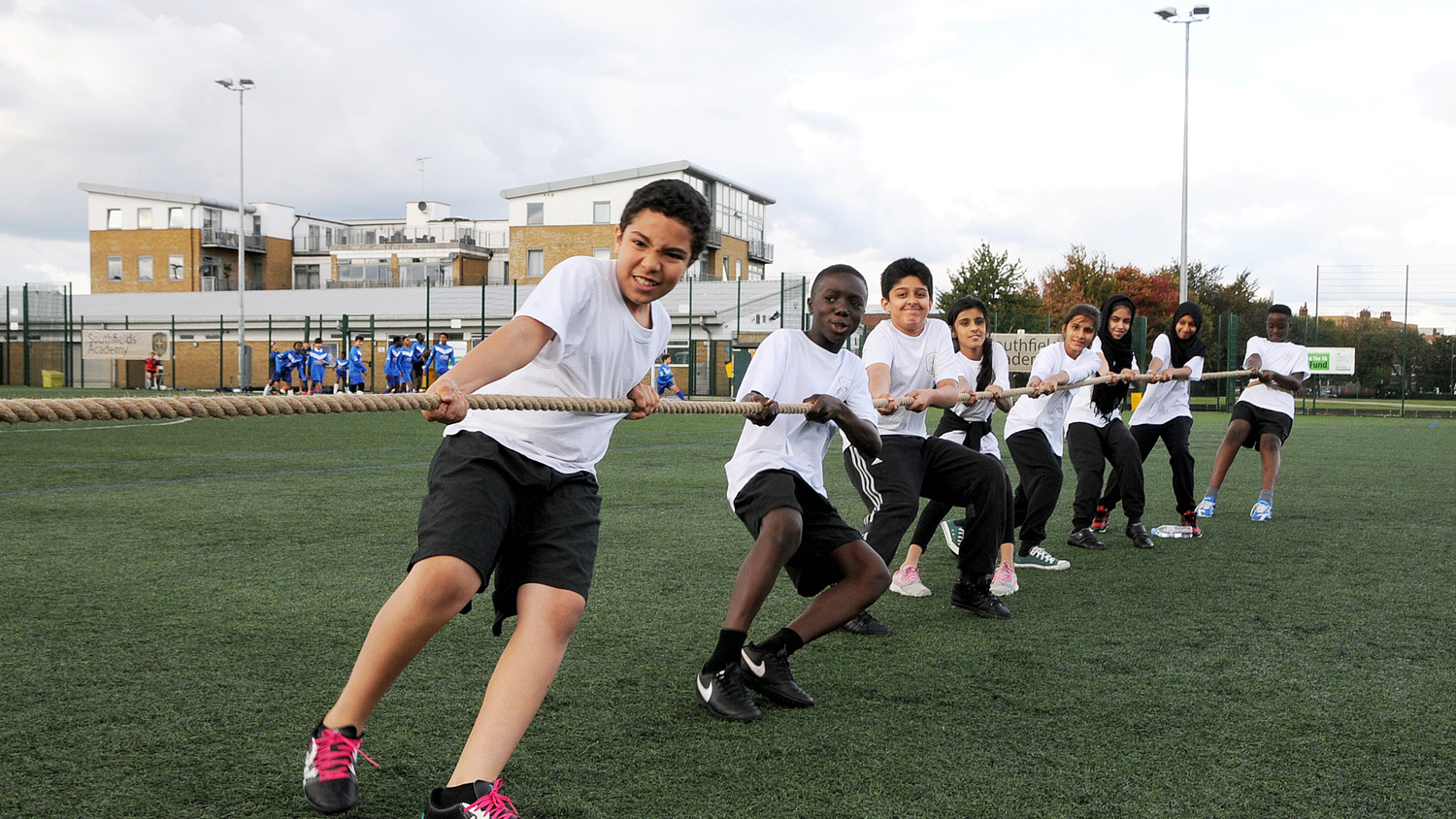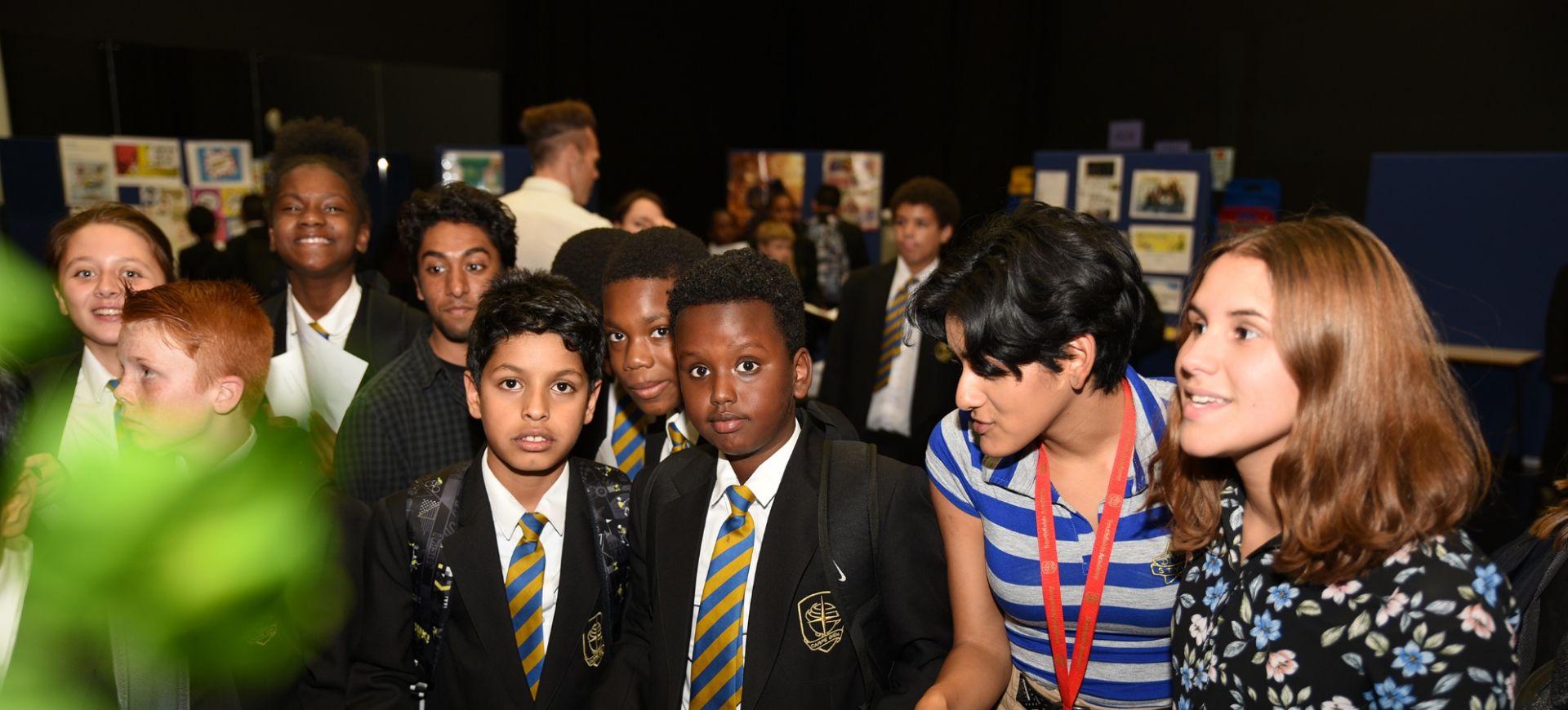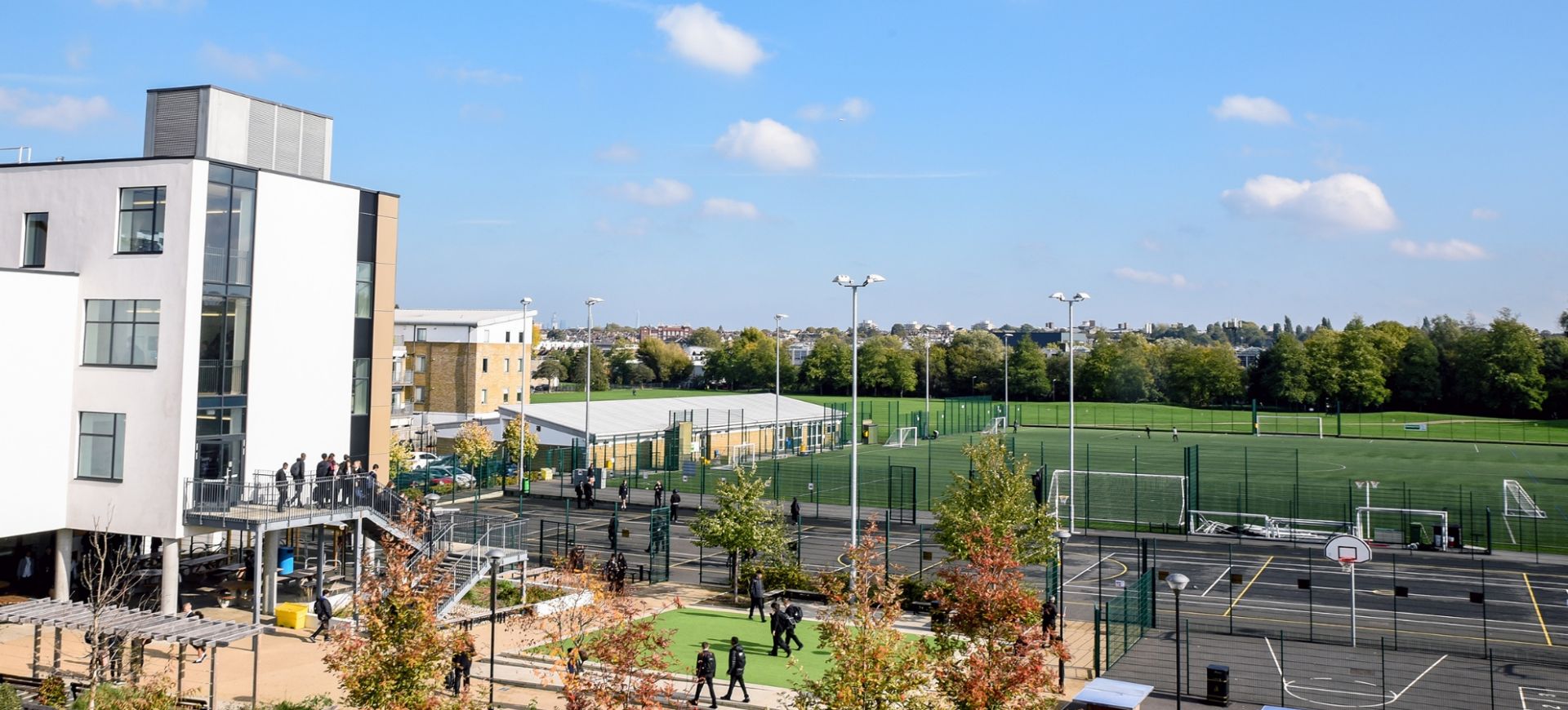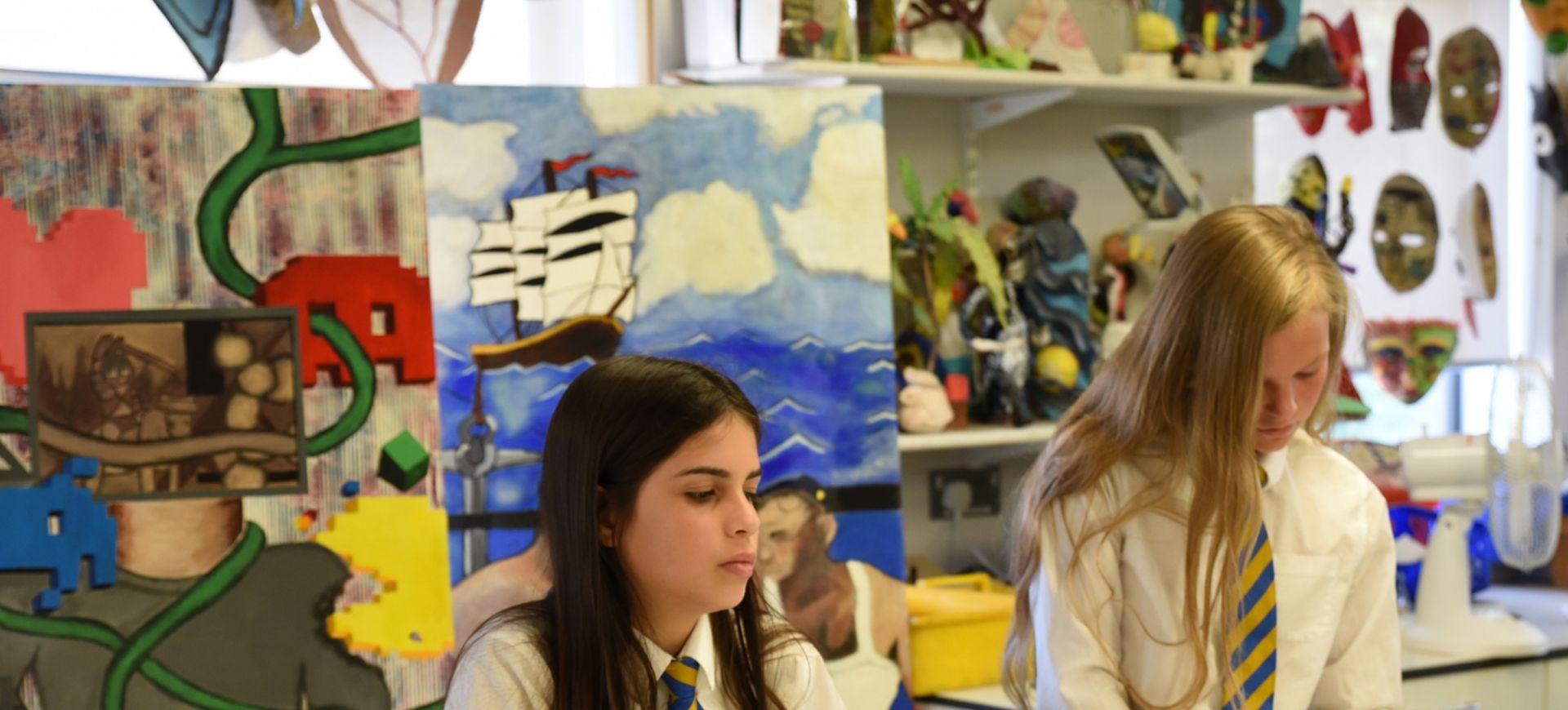English
Teacher contact details
| Mr J Peck | justin.peck@southfieldsacademy.com |
| Mr A Sawbridge | andrew.sawbridge@southfieldsacademy.com |
| Ms G Le Grande | gemma.legrande@southfieldsacademy.com |
| Mr C Carmo | calum.carmo@southfieldsacademy.com |
| Ms K Hillier | kirsten.hillier@southfieldsacademy.com |
| Ms C Reynolds | caroline.reynolds@southfieldsacademy.com |
| Ms S Sulliman | sabrina.sulliman@southfieldsacademy.com |
| Ms L O'Neill | laura.oneill@southfieldsacademy.com |
| Mr B Hadden | benjamin.hadden@southfieldsacademy.com |
| Mr J Hepburn | joseph.hepburn@southfieldsacademy.com |
| Mr S Qvortrup | sebastian.qvortrup@southfieldsacademy.com |
Welcome to the English Department
Through the study of English Language, English Literature and Film Studies at Southfields Academy, we aim to provide students with the written and verbal communication skills that will see them thrive at secondary school, in the next stages of their educational journey and in their future careers.
We offer a curriculum that rigorously develops students' core skills in English throughout Key Stages 3-5, and provides opportunities for creativity and extra-curricular enjoyment of the subject, whilst promoting the academy's community and core values through our schemes of work and our choice of literary texts.
What knowledge and skills will students develop at KS3?
Contact Teachers
Mr. Justin Peck (Head of English)
Grouping/organisation/setting/teaching time
Year 7, 8 and 9 students are grouped by attainment in English lessons. Year 7 students currently receive 5 hours of timetabled lessons per week. This includes monitoring of engagement with the Accelerated Reader programme through one timetabled library lesson every fortnight which alternates with fortnightly literacy lessons designed to refresh and enhance students’ grasp of spelling, punctuation and English grammar.
Students are assessed regularly in English, at least one a half term. Their performance is reviewed after each assessment point and it is possible that students will change sets so that they are placed in a class that best meets their needs. Assessment feedback is shared with students and parents and is graded in flightpaths ranging from 'Entry Level' to 'Exceptional'.
Students develop their reading, writing, speaking and listening skills during lessons while studying units of work. They are expected to write creatively, but also analytically with an awareness of how the writer constructs characters and plot and conveys tone. Reading skills are developed from primary school in order to prepare students for the demands at GCSE - students are taught how to analyse the way in which writers use language and structure to shape meaning.
COURSE
Our KS3 curriculum is designed thematically as follows:
Year 7 – ‘Growing up and overcoming challenges’
Year 8 – ‘Understanding different worlds and relationships’
Year 9 – ‘Exploring identity’
YEAR 7 and YEAR 8
Students study a range of authors and texts in their English lessons throughout Key Stage 3. This comprises a diverse range of fiction, non-fiction, poetry and drama from across different eras and cultures. The literature texts included as part of the curriculum are chosen to encourage empathy and understanding of universal themes and prevalent topics over time. Some of the literature studied across Key Stage 3 includes: plays by William Shakespeare, 19th century literature and extracts from classics such as ‘Oliver Twist’ and ‘Treasure Island’ as well as contemporary dystopian literature and literature exploring other cultures such as Ele Fountain’s ‘Boy 87’ and the play version of Malorie Blackman’s ‘Nought and Crosses’.
Students will also develop the language skills of analysis, evaluation, comparison and creative writing. These core skills are taught both as separate language modules as well as being embedded into our literature schemes of work.
ASSESSMENT
Students are formally assessed at least once every half term by their classroom teacher. The unseen assessments will either test how well a student can analyse text or how well they can create their own piece of writing. The assessment allows teachers to enter a flightpath grade, otherwise known as an attainment level. These levels are shared with parents on IEAP days and annual parents’ evenings. After each assessment, students are given the opportunity to respond to their teacher’s marking and to re-draft their work so that it becomes part of the wider learning process.
HOMEWORK
At KS3, homework is set on a weekly basis and comes in the form of a homework booklet with specific tasks related to the current unit of study. Homework booklet tasks are a mixture of analytical writing, creative writing or contextual research on the topic.
YEAR 9
WHAT AND HOW WILL YOU LEARN?
Students study texts including William Shakespeare’s ‘Othello’ and the modern classic ‘Of Mice and Men’ by John Steinbeck. Shorter texts are also used to explore and write about a variety of contemporary societal issues whilst developing functional and transactional writing skills. The focus on functional reading and writing skills is continued from Years 7 and 8. Students are grouped by attainment in English lessons. Students also have a timetabled library lesson once every four weeks, providing them with a space to continue to engage with the Accelerated Reader programme.
HOW WILL YOU BE ASSESSED?
Students should expect regular extended writing tasks completed under examination conditions. Teacher feedback enables students to improve their performance: parents and carers will be informed of progress each half term.
Currently, Year 9 sit formalised examinations in the hall as part of their January mock exams and at the end of the academic year in preparation for the GCSE curriculum that they will begin in Year 10.
WHAT NEXT?
Year 9 is a crucial stage in the development of a students’ English skills. Evidence suggests that a positive performance in Year 9 is a strong indicator of GCSE success. All students will study both an English Language and an English Literature GCSE in Years 10 and 11. The Year 9 curriculum is designed to enable students to achieve their full potential in both courses.
You can support your child by encouraging them to read for a minimum of 20 minutes per day as a habit and by asking them about what they are currently reading. This is the best way to prepare them for the study of all of their GCSE subjects. We use the Accelerated Reader programme in Year 9 to monitor students’ reading habits and to ensure that they are reading books at the appropriate level to support their progress as readers.
What knowledge and skills will students develop at KS4?
English Language and English Literature
| Level | 2 |
| Qualification type | GCSE AQA English Language 601/4292/3 AQA English Literature 601/4447/6 |
| For more information, speak to | Mr Peck |
What and how will you learn?
The English Language GCSE is the compulsory qualification that students must pass in order to progress on to Level 3 courses in the future. The course asks students to explore how writers create meaning in both fiction and non-fiction texts ranging from the 19th to the 21st centuries.
They will also be asked to become writers themselves by producing their own creative fiction and non-fiction writing. The curriculum is structured so that students will explore writers’ methods through analysis of both fiction and non-fiction texts and there will also be opportunities to develop their creative and transactional writing skills.
The English Literature GCSE provides an opportunity to explore a breadth of prose, poetry and drama across the ages. As part of the GCSE, students will study the following:
- A 19th Century Novel: Charles Dickens’ A Christmas Carol
- A Shakespeare Play: Macbeth
- A Modern Text: An Inspector Calls or Animal Farm
- An anthology of 15 poems linked by the themes of Power and Conflict.
The skills required of the English Literature GCSE overlap well with the English Language GCSE as students will explore how writers convey meaning through literary devices and develop their essay writing skills.
Students follow the AQA exam board for both English Language and English Literature.
How will you be assessed?
Students should expect regular extended writing tasks completed under examination conditions. The English Language GCSE is made up of two papers, both 1 hour and 45 minutes long. The English Literature examination is also made up of two papers. Paper 1 is 1 hour and 45 minutes long and Paper 2 is 2 hours and 15 minutes long. All students must also complete the spoken language endorsement in order to receive their English Language GCSE qualification. In Year 10, students will plan, write and perform a speech or presentation to their class. Some of the speeches will be recorded and submitted to the exam board for moderation. Although the spoken language endorsement does not contribute towards students’ final English Language grade, students must achieve a ‘Pass’, ‘Merit’ or ‘Distinction’ in order to be awarded their English Language GCSE.
Teacher feedback will enable students to improve their performance in English Language and English Literature; parents and carers will be informed of progress regularly throughout the school year through reports and parents’ evenings.
Students are grouped by attainment in English lessons. Mock assessments take place throughout the year and culminate in end of year mock examinations that mirror the terminal style of examination that will occur at the end of Year 11.
What next?
All students will study both an English Language and an English Literature GCSE in Years 10 and 11. The Year 10 curriculum is designed to explore both Language papers and the majority of the Literature content in detail so that a solid foundation for Year 11 can be made, where students will be continually assessed and developed so that they are ready for the terminal examinations.
The study of both English Language and English Literature helps to develop students’ written and verbal communication skills in preparation for the next steps of their educational journey and future careers. Skills developed through the study of English can prepare students for a wide range of professions - from journalism, law and professional writing to careers in social media, public relations and teaching.
What knowledge and skills will students develop at KS5?
AQA A Level English Literature A
7712 601/5327/1
Course Leader
Mr J Peck justin.peck@southfieldsacademy.com
Course specification
https://qualifications.pearson.com/en/qualifications/edexcel-a-levels/english-literature-2015.html
English Literature’s historicist approach to the study of literature rests upon reading texts within a shared context. Working from the belief that no text exists in isolation but is the product of the time in which it was produced, English Literature A Level encourages pupils to explore the relationships that exist between texts and the contexts within which they are written, received and understood.
Through the study of prose, poetry and drama, students have the opportunity to develop their own critical ‘voice’ in response to a wide range of high-calibre, challenging literature. On the A Level course, students will study the work of literary ‘greats’ including William Shakespeare, Oscar Wilde, John Donne and Toni Morrison.
The non-exam assessment element of the course (coursework) offers pupils the freedom to research and compare two texts of their own choice.
Extra-curricular opportunities available to A Level pupils include trips to see West End theatre productions and author talks at book festivals to encourage their enjoyment of the subject and enhance their understanding of the genres and contexts surrounding the texts they study.
Enrichment and extra-curricular activities
Extra-curricular
Students will be given opportunities to expand their love and knowledge of English and Film through extra-curricular writing competitions, debate and film clubs, as well as external author talks and events. Every year, we organise trips to theatre productions in the West End and at the Globe theatre.
We share close relationships with the Wimbledon BookFest and Book Clubs in Schools, working in partnership with these organisations to provide outstanding opportunities for our students through writing workshops and author events throughout the year.
How can you help your child?
How parents can help
Encourage your child to read regularly at home and to bring a book to school as their book is a crucial piece of school equipment. If possible, listen to them reading to develop their confidence and ability. Please check your child's planner and Google Classroom to discuss the homework that is set and to check that homework is completed to a high standard. Please ensure your child is aware of and able to use your local public library as well as the school's library.
Useful revision links to support the study of English:
BBC Bitesize KS3 English: https://www.bbc.co.uk/bitesize/subjects/z3kw2hv
BBC Bitesize GCSE AQA Language: https://www.bbc.co.uk/bitesize/examspecs/zcbchv4
BBC Bitesize GCSE AQA Literature: https://www.bbc.co.uk/bitesize/examspecs/zxqncwx
CGP Revision Guides GCSE English: GCSE English | CGP Books
Mr Bruff revision – YouTube: Mr Bruff - YouTube
The English Teacher revision – YouTube: The English Teacher - YouTube
Course links:
AQA GCSE English Language: https://www.aqa.org.uk/subjects/english/gcse/english-language-8700
AQA GCSE English Literature: https://www.aqa.org.uk/subjects/english/gcse/english-literature-8702
AQA A Level English Literature A: https://qualifications.pearson.com/en/qualifications/edexcel-a-levels/english-literature-2015.html
How can students extend their thinking and challenge themselves in the subject?
Students can extend their thinking and challenge themselves in English by reading widely and regularly. Through the Accelerated Reader programme at Key Stage 3, we encourage reading to become a habit; something that is frequent, fun and challenging. Make use of school and local libraries, read daily newspaper and magazine articles or ‘comment’ pieces, and watch film and television adaptations of literary classics. We encourage students in Key Stage 4, especially those who may wish to study English Literature at A Level or beyond, to ask their teachers for book recommendations and to engage in some literary criticism.
What are the career opportunities for students that study this subject?
The study of both English Language and English Literature helps to develop students’ written and verbal communication skills in preparation for the next steps of their educational journey and future careers. Skills developed through the study of English can prepare students for a wide range of professions - from journalism, law and professional writing to careers in social media, public relations and teaching.

